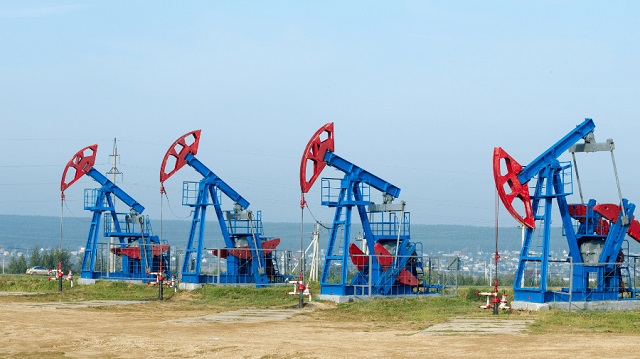By Dan Frieth
In his letter dated July 9, 2025, addressed to President Luiz Inácio Lula da Silva, Trump ties new U.S. trade measures directly to Brazilian censorship.
U.S. President Donald Trump has launched a fierce rebuke of Brazil’s moves to silence American-run social media platforms, particularly Rumble and X.
In his letter dated July 9, 2025, addressed to President Luiz Inácio Lula da Silva, Trump ties new U.S. trade measures directly to Brazilian censorship.
He calls attention to “SECRET and UNLAWFUL Censorship Orders to U.S. Social Media platforms,” pointing out that Brazil’s Supreme Court has been “threatening them with Millions of Dollars in Fines and Eviction from the Brazilian Social Media market.”


Trump warns that these actions are “due in part to Brazil’s insidious attacks on Free Elections, and the fundamental Free Speech Rights of Americans,” and states: “starting on August 1, 2025, we will charge Brazil a Tariff of 50% on any and all Brazilian products sent into the United States, separate from all Sectoral Tariffs.” He also adds that “Goods transshipped to evade this 50% Tariff will be subject to that higher Tariff.”
Brazil’s crackdown has targeted Rumble after it refused to comply with orders to block the account of Allan dos Santos, a Brazilian streamer living in the United States.
On February 21, 2025, Justice Alexandre de Moraes ordered Rumble’s suspension for non‑compliance, saying it failed “to comply with court orders.”
Earlier, from August to October 2024, Moraes had similarly ordered a nationwide block on X.
The court directed ISPs to suspend access and imposed fines after the platform refused to designate a legal representative and remove certain accounts.
Elon Musk responded: “Free speech is the bedrock of democracy and an unelected pseudo‑judge in Brazil is destroying it for political purposes.”
By linking censorship actions, particularly those targeting Rumble and X, to U.S. trade policy, Trump’s letter asserts that Brazil’s judiciary has moved into the arena of foreign policy and economic consequences.
The tariffs, he makes clear, are meant, at least in part, as a response to Brazil’s suppression of American free speech.
Trump’s decision to impose tariffs on Brazil for censoring American platforms may also serve as a clear signal to the European Union, which is advancing similar regulatory efforts under the guise of “disinformation” and “online safety.”
With the EU’s Digital Services Act and proposed “hate speech” legislation expanding government authority over content moderation, American companies face mounting pressure to comply with vague and sweeping takedown demands.
By framing censorship as a violation of U.S. free speech rights and linking it to trade consequences, Trump is effectively warning that any foreign attempt to suppress American voices or platforms could trigger similar economic retaliation.
Reprinted with permission from Reclaim The Net.
Related

















